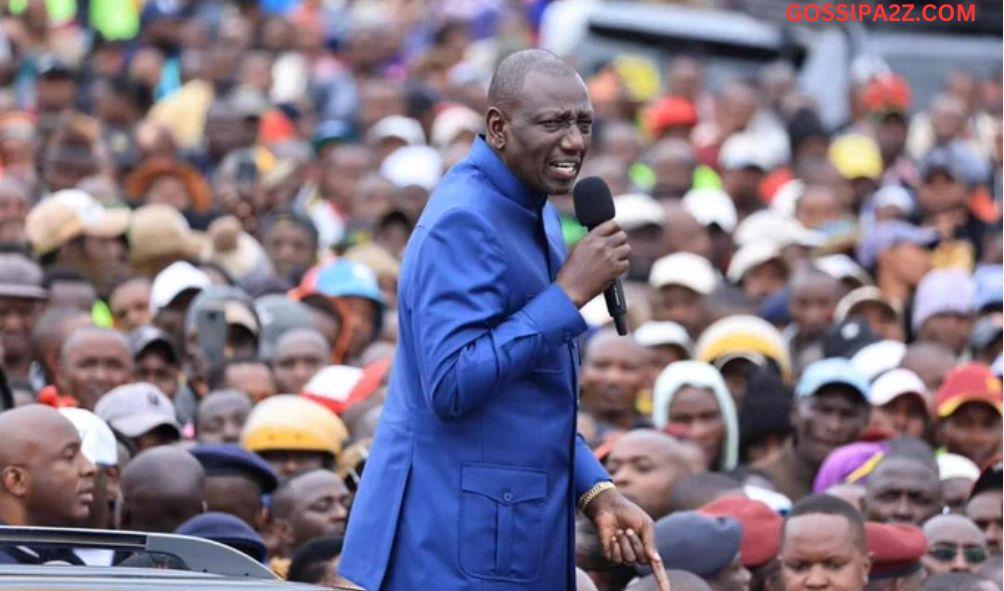Ruto Grants Self ICC Immunity
President William Ruto has endorsed the Malabo Protocol of the African Union’s Constitutive Act, a move that grants him immunity from prosecution by the International Criminal Court.
The legislation approved by President William Ruto on July 24 has the effect of preventing the ICC from bringing charges against him directly for allegedly committing a crime.
In 2014, the African Union (AU) embraced the Malabo Protocol to establish a local system of responsibility and enhance the notion of resolving African challenges with African approaches.
Since that time, Kenya has not given its approval to the protocol.
Ruto’s signature signifies the initiation of a three-month procedure that will lead to the president of Kenya being given immunity.
If Ruto were to engage in wrongdoing, he would need to go through the AU processes before the ICC assuming jurisdiction over the situation.
The specifics of the legislation suggest that senior state personnel will be immune from prosecution for similar breaches until their tenure in office comes to an end.
Article 4 of the Act asserts the AU’s authority to engage in intervention within a Member State based on a decision by the Assembly, specifically in cases of serious situations, and this action takes precedence over-involvement by any external parties.
The situations encompass instances such as war crimes, genocide, and crimes against humanity, alongside a significant danger to lawful governance aimed at reinstating harmony and steadiness among the Union’s Member States.
ALSO READ: Azimio Dialogue Team: Raila’s New Changes
As per the legislation, the African Union’s intervention will only occur following a suggestion from the Peace and Security Council (PSC) of the AU.
The Union’s PSC continues to serve as the established body responsible for making decisions regarding the prevention, handling, and settlement of conflicts within its member states.
The Assembly will define and outline the roles, authorities, structure, and arrangement of the PSC in a corresponding protocol.
In 2016, the African Union Ministerial Committee on the International Criminal Court (ICC) decided to persist in its efforts to advocate for a collective withdrawal from the court.
During a gathering held in Addis Ababa, the ministers reached a consensus that Africa would pull out of the situation unless the court grants legal protection to current leaders of state and government, along with high-ranking government personnel.
They also insisted on acknowledging the superiority of African judicial systems and decision-making bodies within the African Union over the International Criminal Court (ICC).
The ministers also expressed the need for a decrease in the authority held by the prosecutor.
“Provisions of the African Union charter and constitutive act as well as the decisions of the AU Assembly must be respected and take precedent over the Rome Statute and decisions of any other organ,” the ministers said.
Ruto Grants Self ICC Immunity
